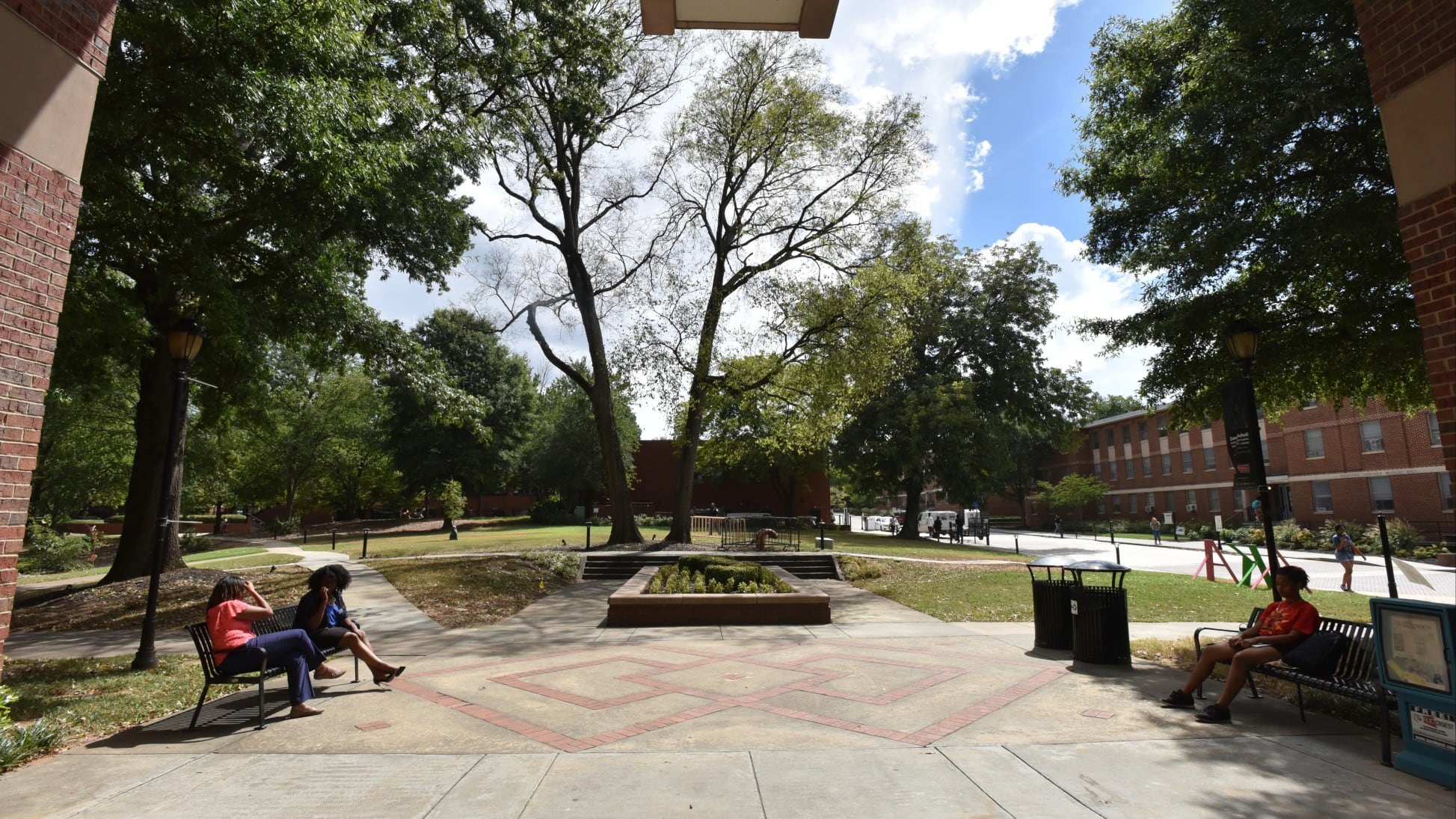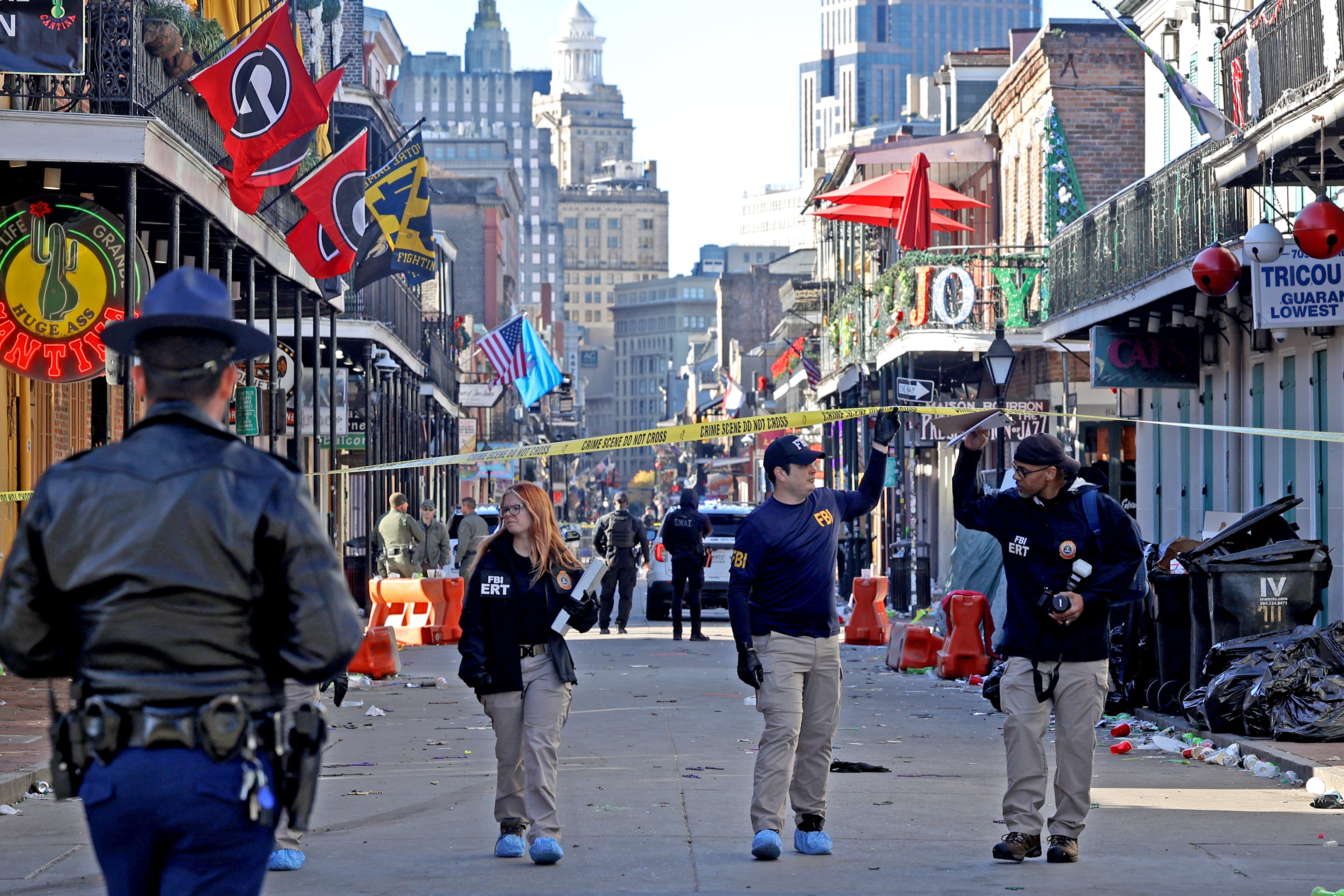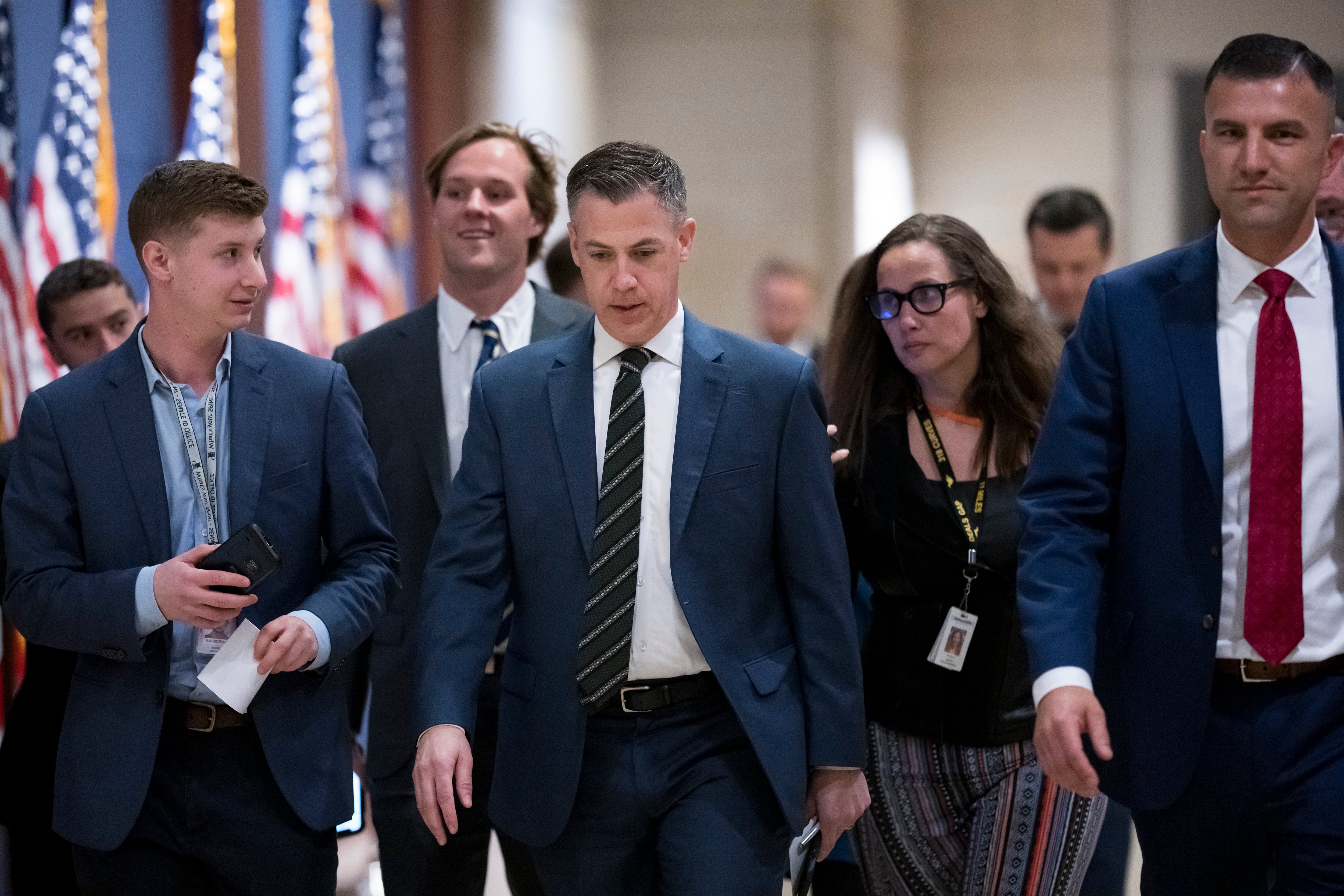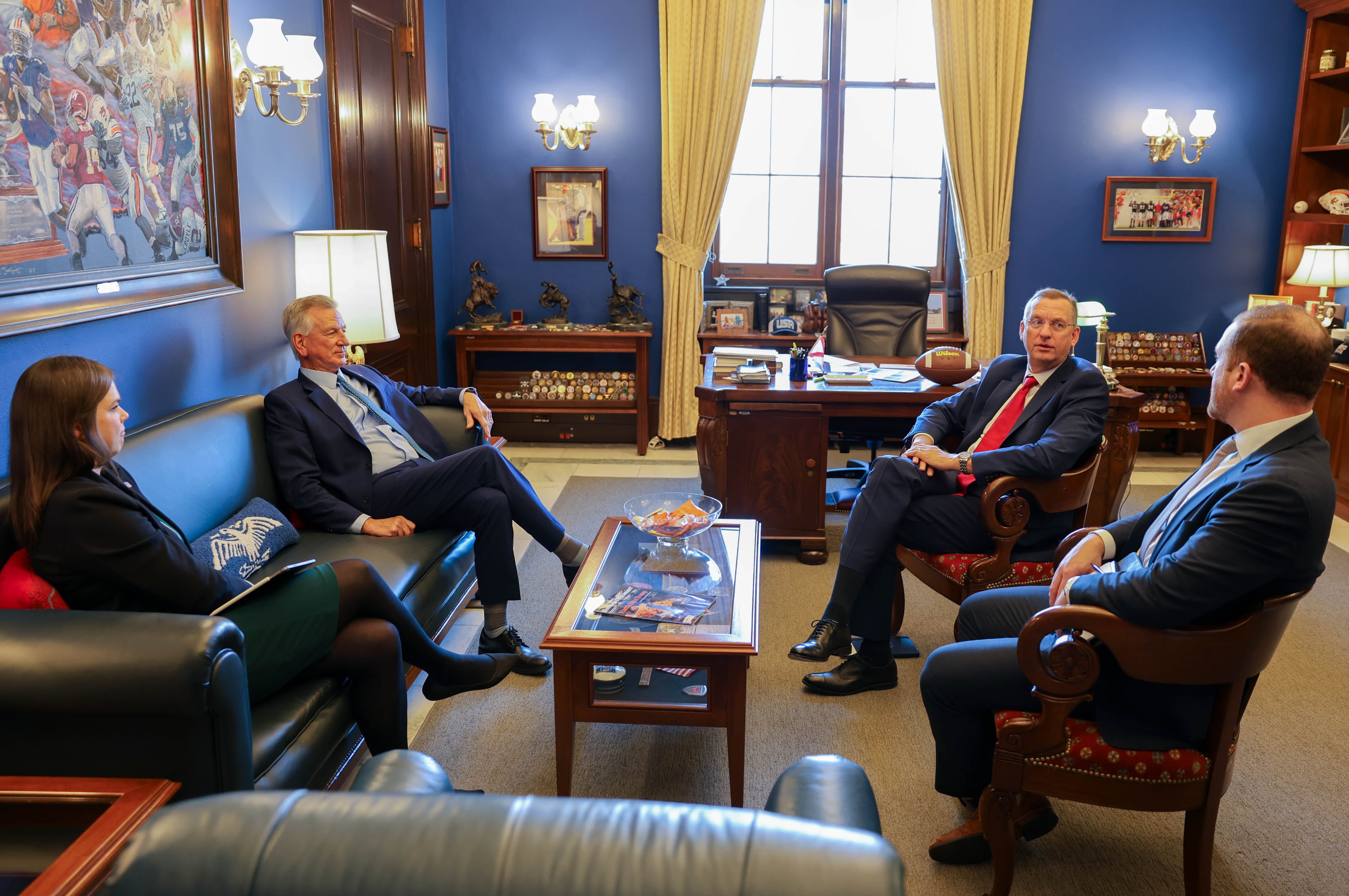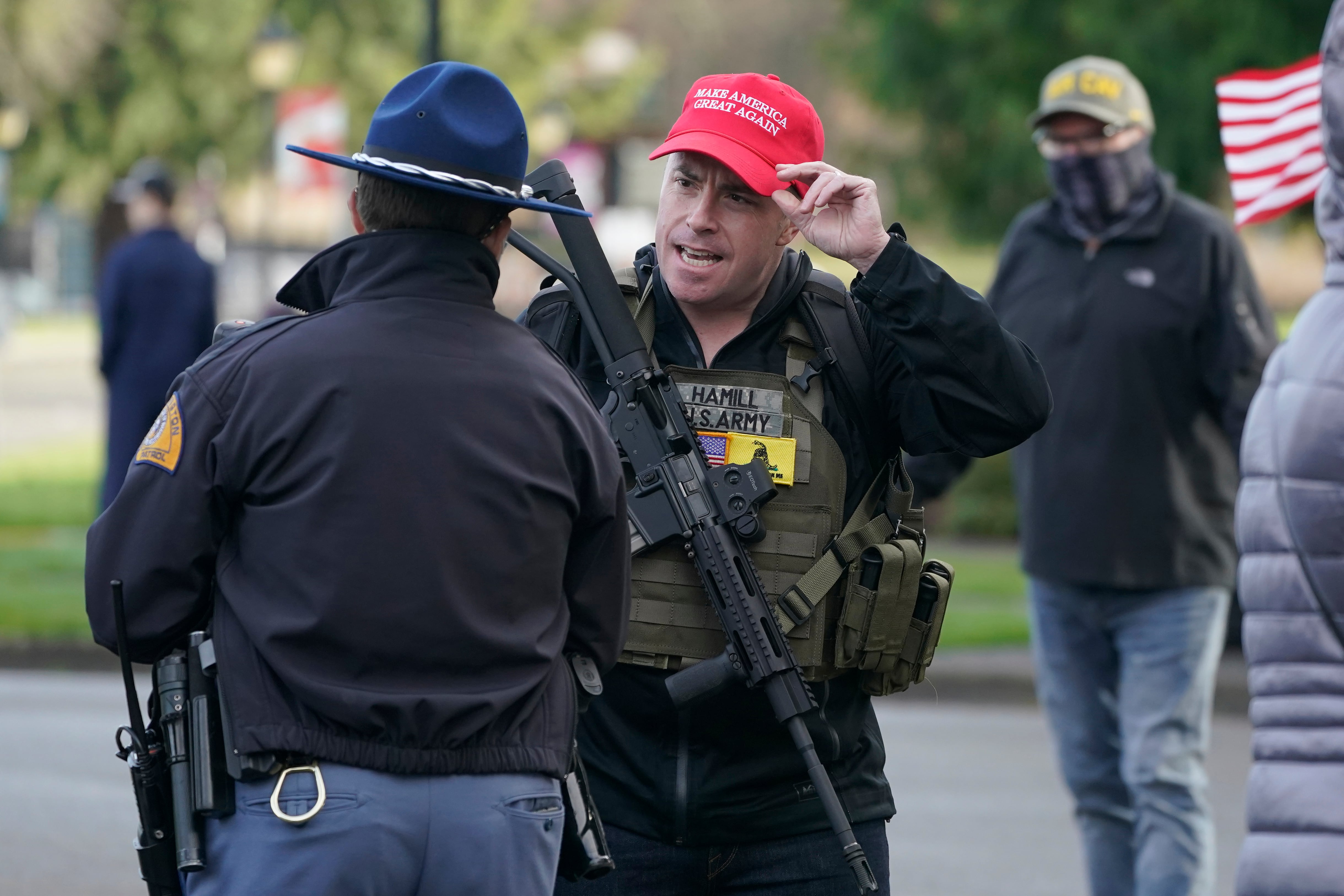Nineteen years ago, I called my mother on Mother’s Day and broke the news.
Her son — who she’d thought had it all together as a military officer, a physician and family man — had a drug problem and had checked into a detox facility.
Unfortunately, my story is not unique. In just the eight years between 2001 and 2009, the number of painkiller prescriptions written by military doctors quadrupled.
Certainly, many of these were to treat legitimate pain. But we may never know how many were consumed as a coping mechanism by active duty personnel and veterans who found that these prescription drugs were the only way they could function, numbing their physical or emotional pain to keep pace with the demands of duty or even daily life after retirement or discharge.
As a physician in the U.S. Air Force, I became addicted to prescription pain pills following a routine hernia repair surgery. At the time, the extreme demands on my schedule were overwhelming, and I found pain pills very calming yet energizing. I could work better, faster and clearer. I soon developed a dependence.
As much as I tried to hide my addiction to pills, things continued to spiral out of control and eventually someone in my unit discovered what was happening. At that point, I decided I needed to get help, and finally went to my commander. I admitted that I couldn’t do it anymore, and I was desperate. He was shocked and bewildered. I had just won an award as an outstanding officer, and here I was hiding a pain pill addiction behind the scenes.
This led to me being severely punished for my addiction, which was the military way at the time. Subsequently, I was discharged from the Air Force, but then found a new calling.
I’m now celebrating 19 years in recovery; and, I’m here to tell you that there is hope. I’ve since worked with hundreds of veterans dealing with substance use disorder and addiction through both a VA clinic in West Virginia — one of the states hardest hit by the opioid epidemic — and in private practice. The common thread that unites us all is the fact that we had the courage to come forward, to put aside our pride and admit that we needed help.
Here’s the harsh reality about addiction: It ends in one of three ways — in jail, in an institution or in death. And, the longer you struggle, the greater the likelihood it will end in a tragic manner. The toll addiction takes on individuals and their families, as well as on our public safety and healthcare systems, is staggering.
The good news is that today, veterans have much better access to care for both addiction and the mental health issues that are often at the root of the problem. Many VA clinics offer their own substance use treatment programs, and others refer patients to civilian treatment programs to make sure our veterans get the care, compassion and recovery services they need to be productive members of civilian society.
So many veterans who are dealing with addiction think that they’re alone in their struggle, but that couldn’t be further from the truth. The reality is that many Americans are facing the same demons. For military veterans, however, there’s a sense that addiction equals weakness, failure or a lack of morals, and for years it’s been “treated” with punishment.
Today, we know that addiction is a disease of the brain, one that can be diagnosed and treated with the right combination of therapies, including medicated assisted treatment, along with holistic mental, spiritual and physical health programs that are proven to help anyone break free from the prison of addiction and live a life free of substance dependence.
If you are a veteran struggling with addiction, or you know a veteran whom you suspect may have a problem, help is available. The first step is education. Be on the lookout for the signs and symptoms, either in yourself or in someone you love. Isolation, depression, uncontrolled anger and other changes in behavior may all point to a potential problem or an underlying mental health illness.
As veterans, and as a country, it’s time we break the silence around veteran addiction and the shame that’s often associated with it. We must change our mindset around how we support veterans who are struggling with substance abuse and their families. As a nation, we owe it to them to provide the acute and ongoing recovery services and support they need to live life to the fullest after discharge or retirement.
Dr. Paul Little is medical director at Laguna Treatment Hospital in Orange County, California. An Air Force veteran, he has spent more than half of his 20 years in medicine focused on treating addiction. Little was among the first in West Virginia to start a Suboxone clinic, a medication-assisted therapy program, to help stem the tide of the opioid epidemic there.

